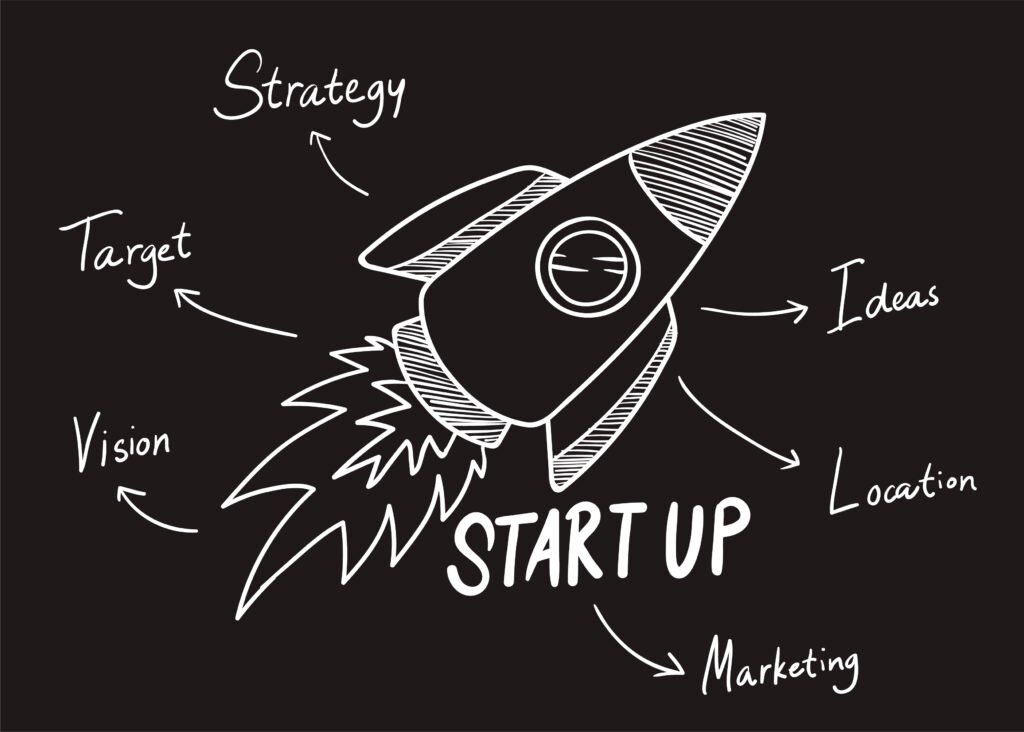
The African startup ecosystem is standing at a critical intersection. As venture capital slows globally and tech giants re-evaluate their Africa strategies, the continent’s entrepreneurs are beginning to question the relevance of Silicon Valley’s growth models to their own unique realities. For too long, the blueprint for startup success has been imported, packaged, and sometimes force-fitted into vastly different markets. But Africa’s complexity demands a different approach.
Silicon Valley thrives on hyper-scale, massive funding rounds, rapid blitzscaling, and an eventual exit through IPO or acquisition. But in Africa, where consumer purchasing power is inconsistent, infrastructure gaps remain wide, and informal economies dominate, this playbook can be a recipe for burnout and collapse. The real challenge is not just building fast but building smart — in sync with local behaviour, payment structures, and real-time constraints.
Successful African startups are now pivoting towards profitability over vanity metrics. Founders are choosing patient capital, exploring local cooperative investment, and building leaner operations that prioritize sustainability. They’re also redefining what scale looks like. For many, it’s not about capturing millions of users overnight but creating deeply rooted networks across cities and communities. Scaling horizontally across similar socioeconomic regions is proving more viable than chasing a pan-African dream that ignores market nuance.
Startups like Sabi in Nigeria, mPharma in Ghana, and Wasoko in Kenya are modeling this shift. They are not only solving real problems but also reshaping business culture by emphasizing partnerships, cash flow clarity, and regional intelligence over rapid VC-backed expansion.
If Africa must build unicorns, they must be grounded in local logic. The future belongs to those who scale with wisdom, not just speed.